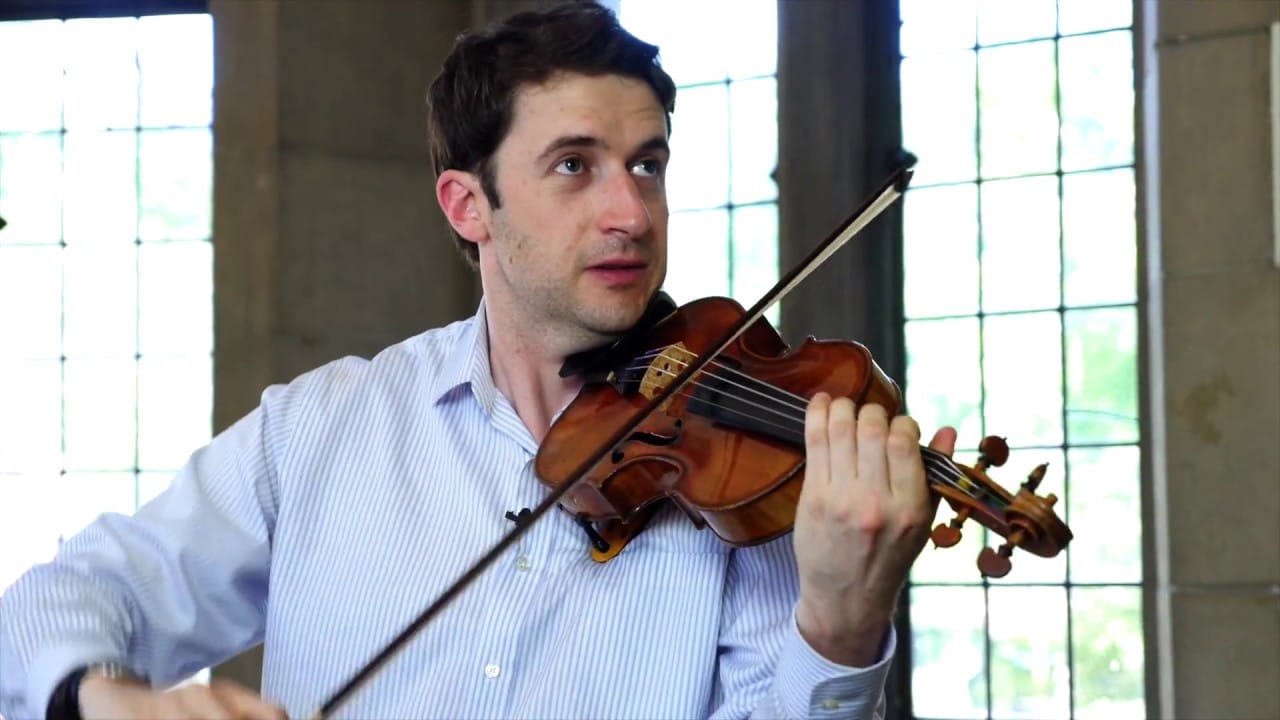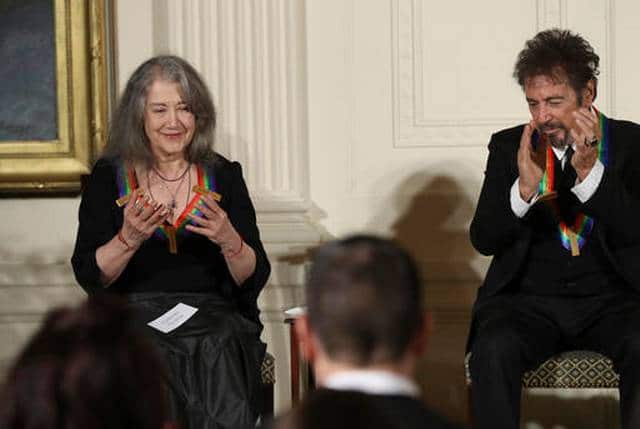Why the New York Phil missed out on the right man
mainGianandrea would, in many respects, have been an ideal music director for the New York Philharmonic.
He’s Italian (tick), well liked in Israel (tick) and worked with a large Irish community in Manchester (triple tick).
He’s also personable, technically accomplished, efficient in rehearsal and commanding a wide repertoire, ancient and modern, familiar and obscure.
So why did the NY Phil not grab him before Washington nailed his hands to the contract?
No obvious answer. Except that New York probably doesn’t know what it wants and, after six Alan Gilbert years, has forgotten what it needs.






Comments